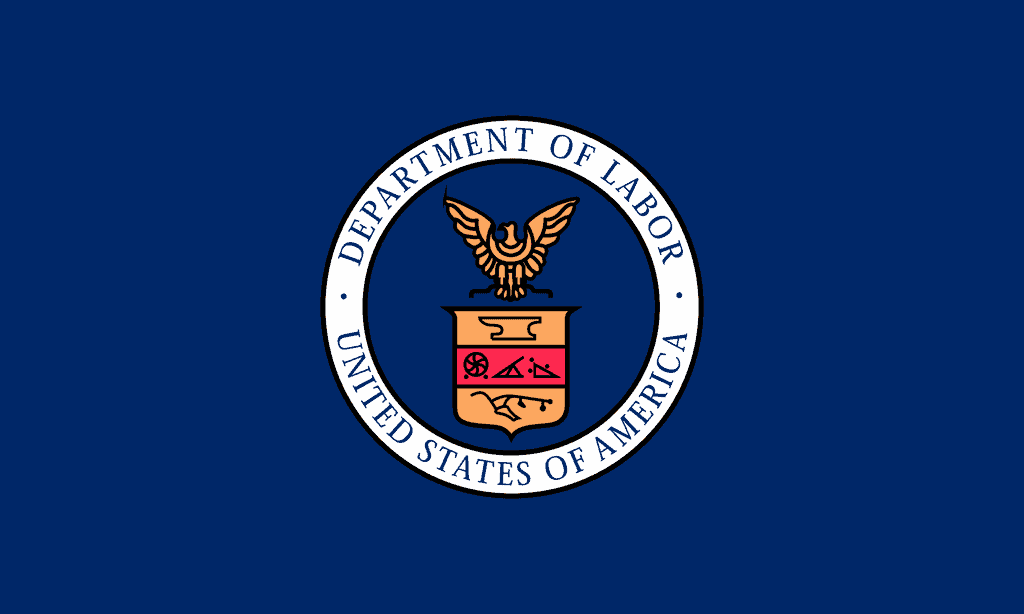Mackenzie Bouverat is a student at Harvard Law School.
State and federal labor departments are scrambling to keep up with the 16.8 million Americans—11% of the American labor force—who have filed for unemployment in the past three weeks. Claimants in various states—including Connecticut, Vermont, Maryland, New York, Georgia, Hawaii, Delaware, Oregon, and New Jersey—report significant delays in receiving their benefits. Explanations for the delay range from the website crash resulting in an erasure of Oregon’s records, requiring its claimants to start their claim anew; a repeatedly crashing unemployment claim website in New York; and outdated systems for handling claims in Vermont. Many state departments are hiring new staff in order to manage the influx of claims, or reassigning staff from other departments. The rising tide of claims is unlikely to quell soon, as the Bank of America predicts that the unemployment rate will peak at 15.6% between now and June.
Eric Levitz of New York magazine opines that “Trump’s Labor Department has been working diligently to ensure that no U.S. worker has it too easy in the middle of a pandemic and burgeoning economic depression.” Indeed, labor Secretary Eugene Scalia faces significant criticism concerning the guidance he disseminated earlier this week on who qualifies for Pandemic Unemployment Assistance. The guidance extends unemployment protection to workers only if they can show that their unemployment is the direct consequence of the pandemic. Gig workers thus qualify only insofar as they have been “forced to suspend operations” as a consequence of the pandemic. Workers who have voluntarily suspended their employment to reduce the risk of infection are also ineligible. Scalia and Jovita Carranza—the head of the Small Business Administration—penned a Fox Business op-ed earlier this week, arguing that “unemployment is not the preferred outcome when government stay-at-home orders force temporary business shutdowns. We want workers to have work, not to become dependent on the unemployment system.”
On April 8th, seven Senate democrats—Tammy Baldwin (WI) Patty Murray (WA) Richard Blumenthal (CT), Sherrod Brown (OH), Tammy Duckworth (IL), Bob Casey (PA) and Bob Menendez (NJ)—have called on the Occupational Safety and Health Administration (OSHA) to use its emergency enforcement mechanism to require employers to develop and implement uniform workplace protections for essential workers; to issue an Emergency Temporary Standard, detailing the expectations for the protection of workers from infection; and to issue an enforcement memo empowering the agency to conduct on-site compliance inspections. Although OSHA has yet to comment on the letter, it has released an enforcement memo relaxing the obligation of most employers to determine “whether workers who contracted COVID-19 did so due to exposures at work.” Health care, emergency response services (e.g., medical, firefighting, and law enforcement), and correctional institutions must continue to report infections. Relaxing reporting requirements, the memo states, “help[s] employers focus their response efforts on implementing good hygiene practices in their workplaces, and otherwise mitigating COVID-19’s effects, rather than on making difficult decisions in circumstances where there is community transmission.” Exempting coronavirus cases from the standard 29 CFR Part 1904 obligation to report workplace-related illnesses is not OSHA’s sole response to coronavirus: the agency has also issued non-binding recommendations for employers of essential workers and disseminated this helpful poster instructing employers about how to reduce the risk of coronavirus exposure.
To facilitate the state’s economic recovery, Virginia governor Ralph Northam recommends delaying various labor legislation items until May 2021. These measures include: raising the minimum wage to $12 over the next three years; giving collective bargaining rights to employees of localities; establishing a prevailing wage for government contractors; and permitting local and state agencies to require that public works development bidders enter into project labor agreements. The state legislature will assemble in Richmond on April 22 to consider his recommendations.
In a complaint filed this Thursday, National Labor Relations Board General Counsel Peter Robb’s office alleged several unfair labor practices at Boeing’s North Carolina factory. The complaint consolidates thirteen charges brought against Boeing by the International Association of Machinists, including: firing five employees because they supported joining a union; inviting union supporters to quit; disciplining union supporters more harshly than other workers; and threatening to replace workers with independent contractors if they voted in favor of unionization. Boeing claims that the terminations responded to the falsification of company records, violation of safety protocols, or chronic absenteeism. On the West coast, Boeing plans to reopen many of its Washington production facilities as early as Monday. This work resumption brings only 2,500 employees back to work. This news comes after Boeing announced plans to cut 10% of its workforce.
As President Trump ruminates on the “biggest decision of his life,” policymakers debate how and when to reopen American businesses. Infectious disease expert Anthony Fauci tentatively predicts “rolling reentry” as early as next month, but the forecast for America returning to work remains uncertain.






Daily News & Commentary
Start your day with our roundup of the latest labor developments. See all
March 4
The NLRB and Ex-Cell-O; top aides to Labor Secretary resign; attacks on the Federal Mediation and Conciliation Service
March 3
Texas dismantles contracting program for minorities; NextEra settles ERISA lawsuit; Chipotle beats an age discrimination suit.
March 2
Block lays off over 4,000 workers; H-1B fee data is revealed.
March 1
The NLRB officially rescinds the Biden-era standard for determining joint-employer status; the DOL proposes a rule that would rescind the Biden-era standard for determining independent contractor status; and Walmart pays $100 million for deceiving delivery drivers regarding wages and tips.
February 27
The Ninth Circuit allows Trump to dismantle certain government unions based on national security concerns; and the DOL set to focus enforcement on firms with “outsized market power.”
February 26
Workplace AI regulations proposed in Michigan; en banc D.C. Circuit hears oral argument in CFPB case; white police officers sue Philadelphia over DEI policy.